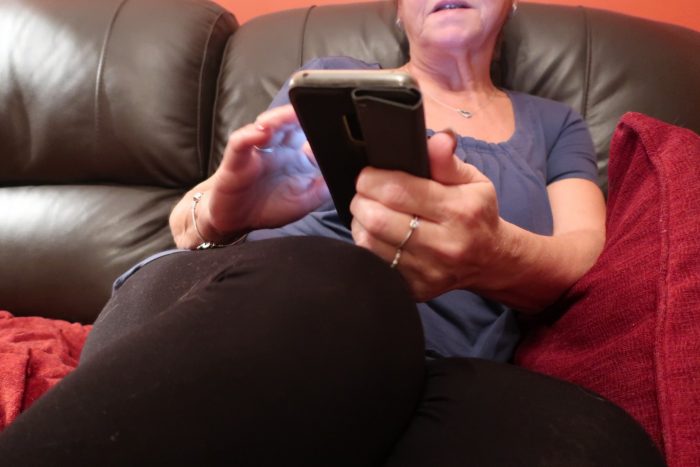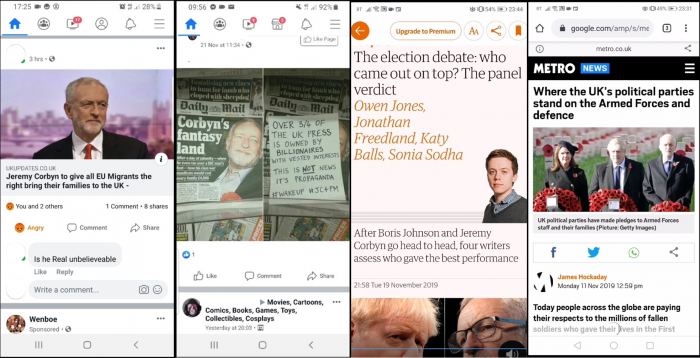Research methodology
This is the third of four blogs based on self-funded research into how smartphones are influencing our view of the UK elections. Click on the introductory blog for an overview of the project, the elections insights blog to see what came out of the study, and the case studies blog for a look at some of the key data. For further reading, the Guardian has published a lengthy analysis of our research.
Ethnographic tradition in our research
The pioneers of ethnography taught us the power of observation. They recognised the value in spending time with people in their own environment, watching and doing what they do to understand both their actions and the motivations behind them.

With the growing popularity of smartphones, this level of immersion has become harder. The online and digital world now forms a large part of many people’s lives, but it exists mostly on private devices that serve hugely personalised content. This poses a problem for researchers still working in the ethnographic tradition: how do you replicate the in-depth observational techniques of ethnography in the digital world?
As a research agency with roots in ethnography we have been determined to overcome this challenge and ensure the digital world becomes accessible to high-quality in-depth research.
Circumnavigating the reliance on self-report
This determination to maintain depth of insight isn’t industry-wide. We have seen an increasing reliance on both self-report and aggregate data to draw conclusions about people’s online behaviours.
Both tools only give you part of the picture. We all struggle to reflect accurately on the motivations behind our own behaviours, whether through tricks of memory or an unconscious need to appear a certain way, rendering self-report unreliable for anything other than understanding views and opinions. Aggregate data on views, clicks and so on can be valuable in showing what people are doing, but it tells you very little about why people do what they do and what they are getting from the things they view or click on or like.
We don’t want to have to rely on these surface-level methods, which is why we’ve invested in screen-record techniques that allow us to capture exactly what people do on their phones for days at a time. This technique has given us the opportunity to preserve the depth of ethnography, collecting the insights needed for behavioural research.
Screen record as the perfect combination of observational and behavioural insights
Screen record combines both observational and behavioural approaches. It has proven indispensable in finding nuance within the traditional narratives around phone use. It enables us to actually see largely private behaviours play out in real time—to understand what people do, why they do it, and, when combined with in-depth interviews, how this differs from their reported behaviours. Much of our recent work for Ofcom has been built around this technique, allowing us to capture social media and online news consumption behaviours in granular detail over multiple days.
We knew screen record would be the perfect tool to observe political news consumption behaviours in the pre-election period, so have invested in our own research to explore what new insight this method can bring us. It certainly isn’t easy and results in a huge amount of data to sift through. But its worth is evident in the fact that, in almost all the cases we see, what someone has told us about their online habits are far different to their real behaviour.

